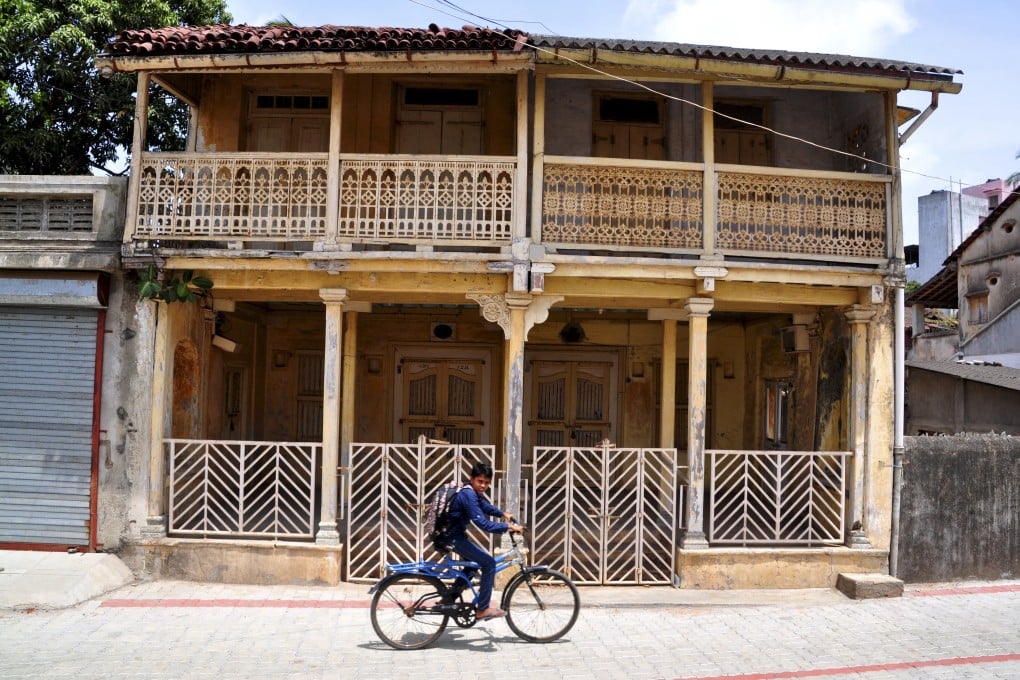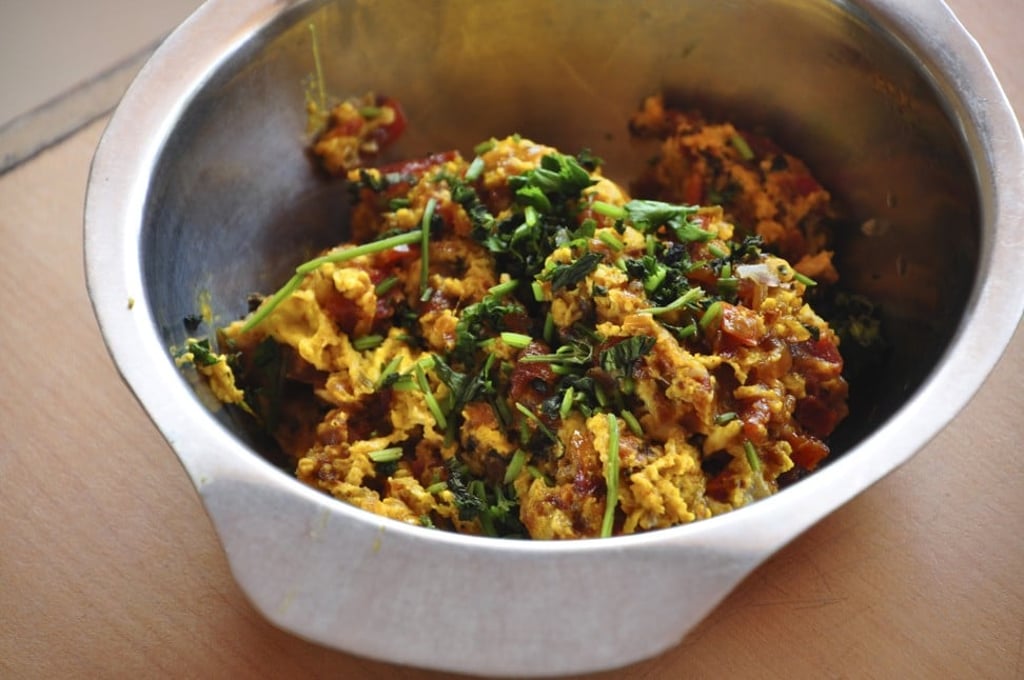Udvada in the Indian state of Gujarat is the spiritual and culinary home of the country’s Parsi community
- The small seaside town is famous not only for its rich, homestyle food but also its Zoroastrian temple
- Enshrined within the Iranshah Atash Behram is a holy fire that has, it is said, been burning for 13 centuries

Don’t bother putting the chicken-or-egg conundrum to a Parsi, we’d been told. “He’ll tell you the egg came first,” a septuagenarian Parsi had said, guffawing through a missing premolar, “because that’s the first thing we eat every morning.”
Gasping at our breakfast at Udvada’s Parsi-run Globe Hotel, the old man’s words come back to us. There’s bread with its trusted accomplices – butter, jam and chai – and a thick masala pancake of chickpea flour, but the egg clearly rules. Poro (masala omelette) and akuri (scrambled eggs) we get, but kheema ghotala? Who eats an oily, spicy, overloaded dish of curried mutton mince scrambled with eggs so soon after tumbling out of bed? We don’t (although in this case we do), but apparently it’s a favourite with Parsis, certainly in Udvada, the farthest outpost of Gujarat, India’s westernmost state.
Udvada’s appeal does not lie in the spiritual alone. The Parsis of Mumbai, 200km to the south, make regular weekend trips to Udvada, many with rich, esoteric, homestyle food on their minds. If gluttony is a sin, this is the place in which to commit it.

Alas, eating the breakfast of Parsis does not make you one, and so the under-renovation Atash Behram is out of bounds for us, non-adherents being prohibited. Instead, we lurk outside, trying to make sense of the hybrid man-animal-bird engraved on the temple’s pillars (it’s the lamassu, a protective deity). A Parsi or two, heads covered, enter the temple while we browse in a couple of shops selling religious paraphernalia such as sukhar (sandalwood) and loban (incense).
